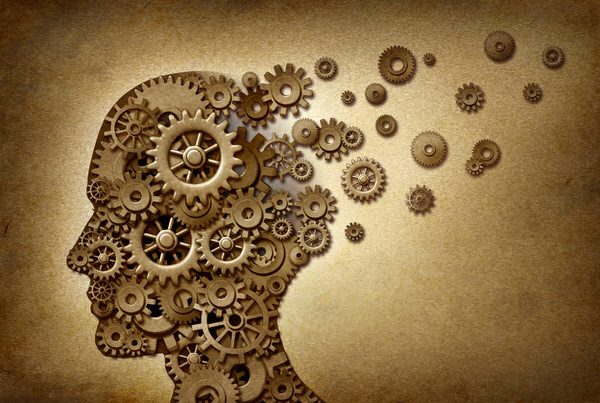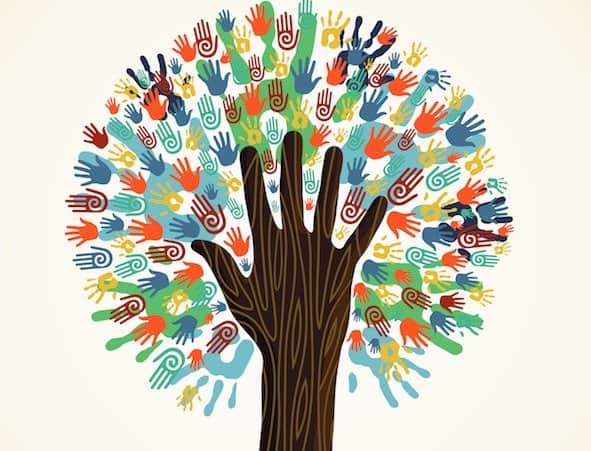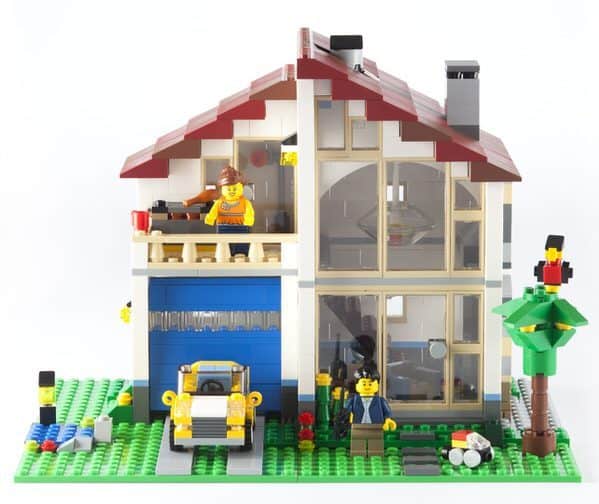Our youngest child got married last weekend. In the past five years, we’ve had three college graduations and three weddings. Now we’re finished, I guess. Or at least that’s how it feels today. The house is empty, and the fridge is full of leftovers that are going bad. From where I stand, midlife transitions are all about loss.
But they’re not. It may feel as though I lost a son, but I also gained a daughter. In fact, our immediate family now numbers eight – three more than we used to have. We’re connected with even more relatives through the spouses of our kids.
We felt loved by family and friends who came to celebrate this important event with us. Their presence reminded us, too, of others we loved who weren’t there. Times like these bring to mind people near and far, some of whom have already departed this earth.
That’s how it is with midlife transitions. You choose whether you’ll look at the glass half empty or the glass half full. The milestone of my last child’s marriage leads me to reflect on losses and gains at midlife.

Early adulthood is mostly about gains
Gains define your 20’s and 30’s. You earn a college degree, maybe even a graduate or professional credential. You hope to find a life partner. If you’re lucky you do. Many become parents.
You build a career, change jobs several times, add to your skills and grow your income. Typically you buy a house, make new friends and start family traditions of your own.
Sure, you’ll have some setbacks. Job losses, relationship problems, maybe even illness or death in your family. But mostly during these years, you’re adding. Adding to your family, your community, your profession, your calendar.
Sometimes you’re so busy adding you don’t have time for feeling. Neither to feel happy about your many gains in life, nor to feel sad about your occasional losses. You’re doing your best just to keep up.
Midlife balance tips toward losses
You know you’ve hit midlife when you begin to notice more losses. It can feel like your losses outnumber your gains. Your parents may become sick or even die. Your children leave home. You may go through a divorce or the death of a spouse.
For example, as adults enter midlife, 41% of them have both parents alive. By the time they leave midlife, however, 77% percent have no parents alive. Moreover, midlife adults whose parents are still living often confront role reversals and challenges as their parents’ health declines.
Midlife transitions affect your friendships, too. When your kids leave, you lose the instant community you once had with parents of their friends at school. Ironically, you may now have more time to socialize, but fewer friends – or at least it feels that way. Midlife friendships can be tricky, but they’re important for your long-term health and happiness.
Just as those relationship losses pile up, your body starts letting you down. Creaky joints, insomnia, hormonal changes. Wrinkles, grey hair, extra pounds. You spend more time and money on doctor visits, physical therapy, beauty interventions. In a youth-oriented society, it’s no wonder you feel out of place.
Midlife transitions and self-questioning
Worst of all, you may not know what you want to do now. The options seem wide open and yet also limited. Worries abound.
If you previously stepped out of work to raise a family, will anyone think you’re worth hiring now? If you’ve worked straight through your parenting years, do you see yourself doing the same thing for ten or twenty more?
What do you enjoy doing anyway? What are you good at? Didn’t you use to be good at something? Is that even relevant to the person you are now?
Where did your confidence go? According to research published in 2010 by the American Psychological Association, self-esteem increases steadily throughout adulthood until around age 60. Yet at the same time, midlife transitions can make you doubt a lot of things – including your self-worth.
You may be a confident person overall. But changes you’re facing at midlife can jolt that confidence. It’s a time when you reflect on your past and imagine your future. Although the midlife crisis is largely a myth, midlife transitions can still lead to lots of self-questioning.
Moving toward low tide
I sometimes feel like I’m standing at the ocean’s edge, watching my heels dig into the sand as water rushes by them. My tide’s going out. It’s carrying away my children, my youth, and other things I used to take for granted.
Soon it will leave me all alone on the beach.
Maybe that’s what I’m afraid of – being left behind. No longer needed, irrelevant. Not quite excluded, but not included either.
As Daniel Levinson, psychologist at Yale Medical School, has described people’s experiences in their 50s: ”For many there is a silent despair, a pressing fear of becoming irrelevant in work or marriage, with no real alternative in sight.”
One tragic result of this fear is midlife suicide. A 2017 UK study found that suicides peak in midlife. The Centers for Disease Control reported a 65% increase in suicide rates between 1999 and 2014 among women ages 45-64.
But tides come in as well as recede
Standing alone on the beach, I forget the tide will eventually rise again. It will wash back in with algae and tiny animals that supply food to shorebirds. It will bring shells that children will stoop to pick up. As sure as the moon, the earth and gravity, the ocean will return. And then it will go out again.
When you’re stuck on what you’re losing in midlife, it’s hard to see that you’re part of a bigger cycle. This season has its gains as well as its losses.
By midlife you’ve acquired the experience and knowledge to develop mastery in one or more areas. You also are better at “emotional regulation.” You don’t let things bother you as much. Or at least you’ve gotten better at controlling your response to setbacks. You’re living proof of what researchers call “the paradox of aging:” even though functional and cognitive health decline with age, life satisfaction increases.
As Jonathan Rauch discusses in his book The Happiness Curve*, psychological well-being goes down through your 30s and 40s but starts going up again in your 50s. Even better, it keeps improving for the rest of your life.
Midlife gains you can relish
Midlife transitions aren’t all bad. There are lots of ways life gets better in middle age.
For example, you may gain more time for yourself, or at least enjoy a greater sense of control over your time. You may finally allow yourself to stop doing things you’ve always hated. You may give yourself permission to stop socializing with people you should see and instead focus on those you want to spend time with.
While you still face stressors from multiple directions, by now you’re better at dealing with them. You’re learning to care for yourself so you can keep caring for others.
While sometimes you feel wistful for your younger self, you probably wouldn’t want to return to your 20’s for more than a few hours. By this point in your life, you’ve weathered some storms you don’t want to revisit.
If your kids have children, you’re in for another big gain. I’m not a grandmother yet, but grandparent friends tell me they love their new status. In fact, they sometimes wish they could have skipped over having children and just had grandchildren.
So take heart: the losses that contribute to midlife malaise are real, but they’re not the end of the story. Sooner or later, things start to improve.

Midlife transitions present choices
Ultimately it’s up to you to choose how you’ll live out your life. As you age, your body and mind may let you down. But you’re still in charge of your attitude.
It can be frightening to consider what might lie ahead in the next twenty or so years. But you’ve already faced lots of changes. In fact, you’ve noticed that as soon as you get comfortable with a given stage of life, something shifts.
Staying open to new ideas will help you navigate midlife transitions. You can’t avoid the losses, but you can maximize the gains. You can choose to remain alone and watchful on the sand. Or you can paddle out to surf the waves.
Let’s encourage each other to look for the gains we know are there, even when they’re hard to find. Join me in choosing the half-full glass instead of the half-empty one. Together we’ll live our best midlife.
Images via: Pixabay, Shutterstock, Pexels






